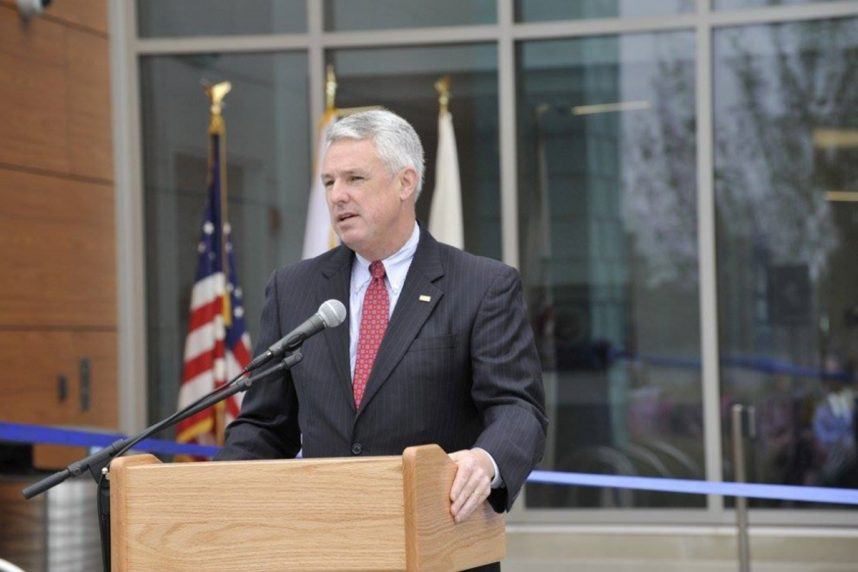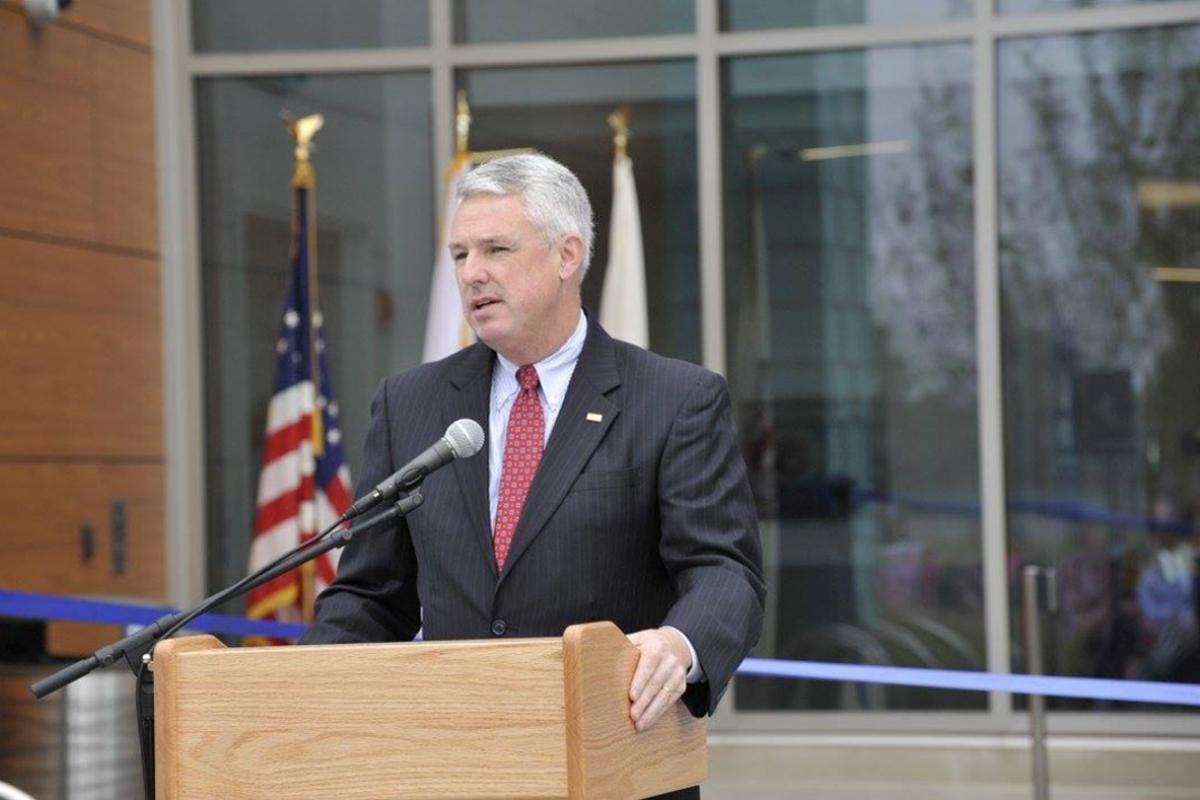Posted on: May 24, 2024, 09:50h.
Last updated on: May 24, 2024, 10:06h.
A legislative effort in Massachusetts to jack up the state’s effective tax rate on gross revenue won by online sportsbooks in the commonwealth failed on Thursday.

State Sen. John Keenan (D-Plymouth) proposed increasing the online sports betting tax from 20% to 51%. The lawmaker suggested the regulatory amendment could be tacked on to the state’s 2025 budget bill that the chamber was deliberating.
Keenan reasoned that the state needs more revenue from gambling to combat societal issues mobile betting is bringing to the commonwealth as the industry matures and continues to expand.
The public harm issues are going to get so far ahead of us unless we act. We have an obligation to all the residents and taxpayers of the commonwealth of Massachusetts to use whatever revenues we can from the industry to prevent the harms from happening,” Keenan said.
His colleagues disagreed. After Keenan raised the sports betting tax suggestion, the chamber voted down the proposal and moved forward with the budget bill review.
Sports Betting Business
Legal, in-person sports betting at Massachusetts’ three casinos began on Jan. 31, 2023. Online sportsbooks went live on March 10, 2023.
Through 2023, Massachusetts collected nearly $93.9 million in taxes and assessments from licensed sports wagering operators. Of the sports betting tax, 45% is allotted to the General Fund, 17.5% goes to the Workplace Investment Trust Fund, and 27.5% is directed to the Gaming Local Aid Fund.
Massachusetts’ Public Health Trust Fund, which was established to allocate financial resources for the research, prevention, and treatment of the harmful effects of problem gambling, receives 9% of the sports betting tax. That has amounted to about $8.44 million since sports betting began.
The remaining 1% of the sports betting tax is for the Youth Development and Achievement Fund.
Massachusetts’ retail sportsbooks at Encore Boston Harbor, MGM Springfield, and Plainridge Park are taxed lower at 15%.
Charlie Baker (R), now the head of the NCAA, signed Massachusetts’ sports betting bill into law in August 2022. In his new role, Baker has advocated for state governments where sports betting is allowed to prohibit bets involving the performance of individual college student-athletes, or player props. Such wagers are already prohibited in Massachusetts.
Tax Increases
Although Keenan was an outlier in supporting a push to raise the state’s tax rate on mobile sportsbook operators in the Massachusetts State House, he isn’t alone in states that allow online sports gambling.
Lawmakers in Ohio raised the Buckeye State’s tax on online sports betting revenue in 2023 from 10% to 20%. Proposals to raise internet sports book rates are circulating in Illinois, New Jersey, and Washington, DC.
An analysis conducted by financial services website LendingTree revealed recently that legal sports betting in the 38 states and the District of Columbia last year generated tax revenue of almost $2.5 billion.
New York benefited the most, with the state collecting about $876 million from its online and retail sportsbooks. New York taxes online sportsbook revenue at 51%, as Keenan had proposed in neighboring Massachusetts.

